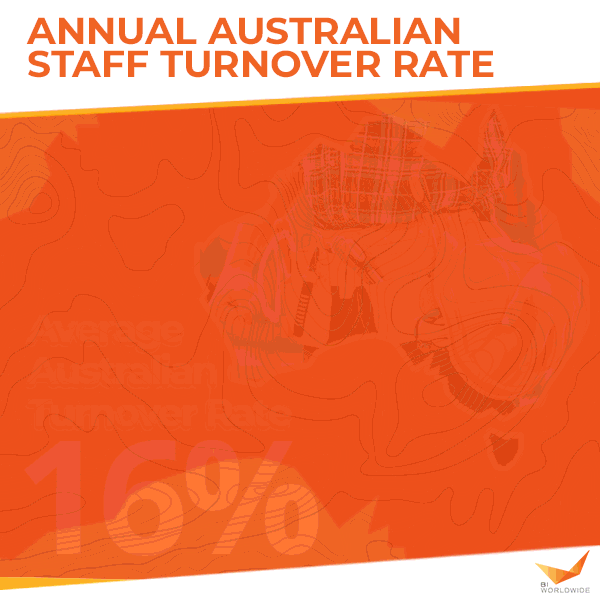Make Money A Non-Issue For Your Retail Employees
Written by: Pooja Lal - General Manager, BI Worldwide Australia
(View Author Bio)
It’s no exaggeration to say that Australian retail businesses have an underpayment problem. By the end of 2019, dozens of companies, from small to large, had been discovered to owe employees hundreds of millions of dollars in back pay due to varying levels of underpayment. These incidents of underpayment range from fairly innocent looking payroll errors through to some rather dodgy dealings, with a number of employers not paying mandated overtime and leave loading or taking inappropriate deductions from employee pay packets for tax, training or other supposed costs.

No matter if it’s a case of deliberate underpayment or a simple accounting error, underpayment is a serious issue for both retail employers and employees, both in terms of accountability and employee satisfaction and engagement. The retail sector comprises around 1.3 million workers but accounts for a far higher proportion of staff turnover than any other sector. The average annual staff turnover rate in Australia hovers around 16%, but in the retail sector it’s a staggering 41%. Without even taking into account the incidents of underpayment that have eroded trust in a number of businesses, this level of staff turnover is incredibly high and brings with it a high financial cost. Staff turnover costs Australian businesses around $3.8 billion a year, with the retail sector being responsible for a large portion of that loss.
Now is the perfect time for retail outlets and brands to reconsider their approach to employee engagement strategies so they can effectively retain staff. Of course adequate compensation plays a major part in keeping employees satisfied and engaged, as does making sure that there are no payroll mistakes or discrepancies that lead to underpayment, but managers need to think beyond money.
Part-time and casual work makes up a large portion of the Australian employment landscape, with around 31% of employees across all industries working on a part-time basis, and 43% of those part-time workers employed on a casual basis. Australia has one of the highest incidents of part-time and casual employment in the OECD, and to many, job insecurity and financial self-preservation have become key work motivators. To combat this trend, managers need to implement new employee engagement practises that deliver KPIs in areas including engagement, retention, and morale.
BI Worldwide has studied engagement extensively, and has identified 12 New Rules of Engagement. Rules two and three of the 12 New Rules are, “Make Them Fearless” and “Make Money a Non-Issue” respectively. Naturally one of the key factors in both of these rules is paying employees fairly and on time, but increasing employee willingness to stay goes far beyond the pay packet. Ensuring an employee has a safe, satisfying and inviting workplace is vital, as is letting that employee know that they are valued. Millennial and Gen-Z employees, a major part of the part-time retail employee base, are, on average, more interested in working in culturally diverse teams than homogeneous groups, and value companies with strong sustainability initiatives. Mental health concerns and toxic work environments also account for issues with staff willingness to stay. Knowing your employees and understanding what they value, or “Get Inside Their Heads” is the first of the 12 New Rules.
There is no distinction between full and part-time staff when it comes to employee recognition, but there can be problems with delivery. Part-time and casual staff rarely have access to the kind of corporate email or networks that full-time employees enjoy, so traditional employee engagement practises or platforms may not work well. BI Worldwide has developed a mobile and social engagement platform that means all your employees can be reached, engaged and thanked, no matter how many hours they work. Engaged employees are more motivated and less likely to leave, in addition to working at a higher level of commitment and more likely being of better physical and mental health.
Making sure your employees are paid correctly and on time will make your employees happy, but well implemented engagement practises will keep them that way.
The best way to get started is to get in touch












